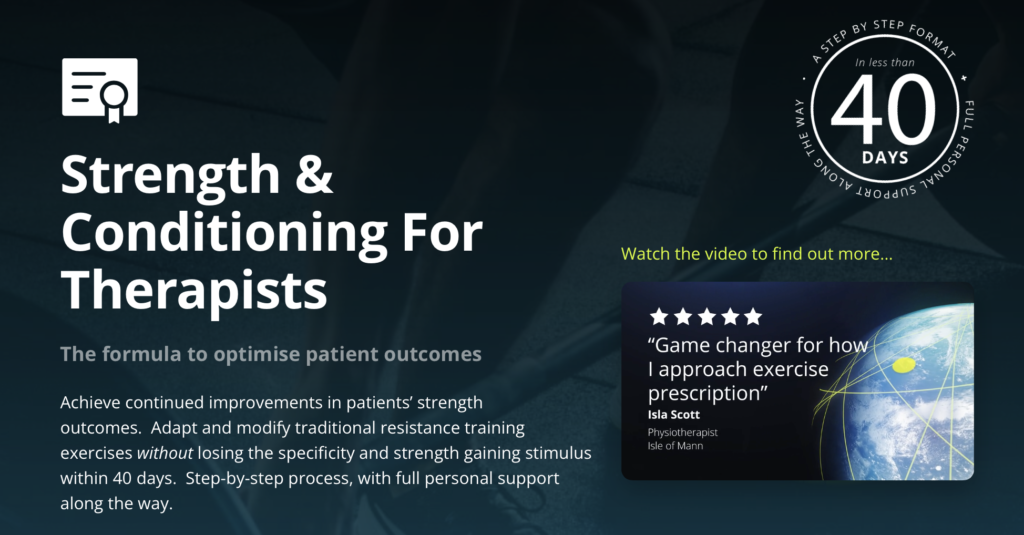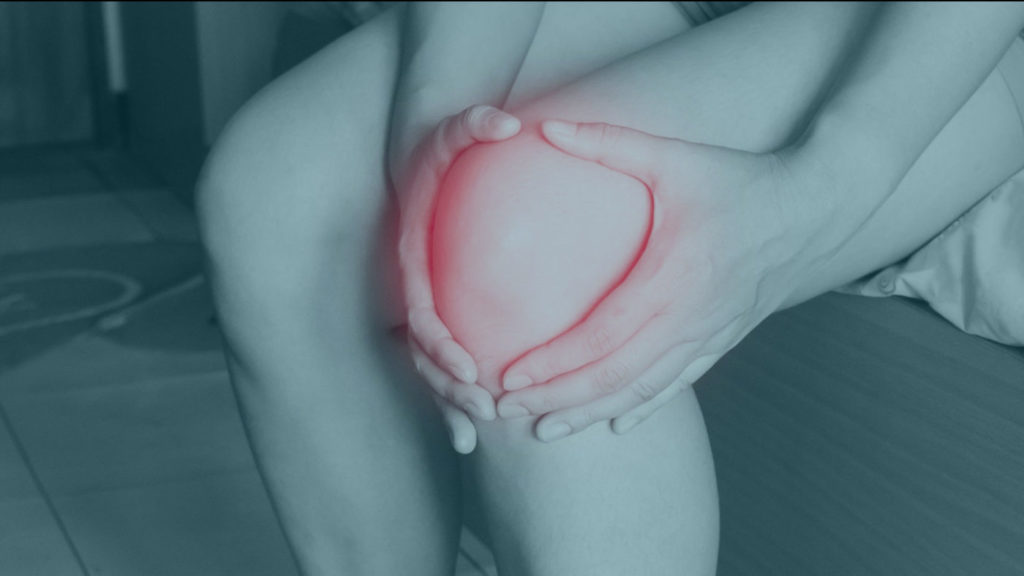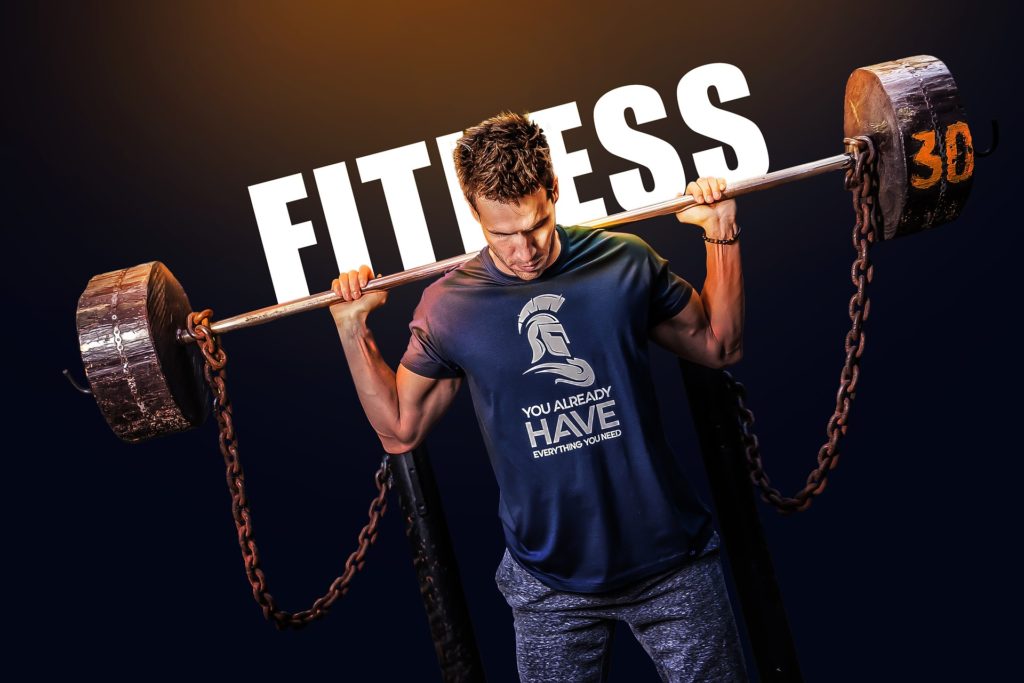This is a common question, particularly from those who work with clients who visit the gym regularly, as well as the inquisitive rehab professionals looking to exploit nutritional strategies to advance rehabilitation. This is a big topic and one I’ll come back to but for now let’s constrain it to get some sensible take-homes. So, let’s’ get into it: Should I take creatine?
What is Creatine?
Creatine is an amino acid, made from other amino acids and in your muscles you’ll find it in the form of phosphocreatine. Phosphocreatine enables us to synthesise ATP, which fuels muscular contraction. I’m sure all of this is familiar to you, right? Adequate and continual supply of ATP is essential for the processes that enable muscular contraction, but the stores in the muscle are small so we need to continually resynthesise it. You’ll also probably remember that during very high-intensity, very short duration muscular efforts most ATP is derived from the breakdown of phosphocreatine.
Right, so would it make sense then that if we increase the muscular stores of creatine, we could increase performance during high-intensity, short duration events?
Creatine Supplementation
Well, creatine is a well-established and well-researched nutritional ergogenic aid for athletes. There is a significant and credible body of literature that evidences creatine supplementation alongside training can augment increases in metrics such as muscle strength, power and size. So the basic answer could be YES.
HOWEVER, it’s not quite that simple when we translate that thought process without more detailed consideration.
Should I Take Creatine?
When I’m asked whether or not someone should supplement their diet with creatine – patient or athlete, the first question I ask is why?
- WHY? Specifically what is that person’s goal?
Is it to, for example to: get stronger, build muscle, jump higher?
Then I ask about that person’s current and previous exercise. For example if that person has a desire to increase their muscle strength I would ask:
- How often do they resistance train (training consistency);
- For how long have they been resistance training (training history);
- What intensities of resistance training do they engage in (training intensity)
Then, depending on the answers to the above I might ask about their diet:
- Are they vegetarian or vegan?
The answers to these questions, for me, will determine whether or not creatine supplementation is a worthwhile exercise or if you might as well just pour your money down the toilet. Let me explain.
There’s no Magic Bullet
Under most circumstances the overwhelming majority of muscular adaptation, whether that be strength, hypertrophy, whatever, will come from the training. You NEED to stress the system, with the right stimulus to cause it to respond and adapt – to get stronger or to get bigger… There is no ‘secret formula’ or pill, or eating-, or supplementation-strategy that will outstrip the benefits of physical training. And if you don’t believe me, please delve into the work of esteemed authors and scientists like Stuart Phillips. In fact that’s a worthwhile exercise anyway, I highly recommend becoming familiar with his work.
When to Take Creatine?
So, is there a time when creatine supplementation is beneficial? Well, clearly yes given the body of work we have on this topic. Here’s where I’d consider it – in healthy populations:
- Has a habitual resistance training behaviour
- Has a decent history of resistance training (>6 months)
- Has a clear goal for supplementation
- Has a vegetarian or vegan diet
You can probably work out why for the first two points. Supplementation will only augment the training, it doesn’t replace the training. Then what’s the goal? this could be tied to a particular event or competition, or a personal goal, perhaps increase their 1RM for non-competitive trainers. That’s fine. Then why the diet question? Muscular creatine stores come from our own synthesis in the liver and ingestion via our diet (Ref). Dietary sources of creatine come from meat and fish.
There are several other discussions here when we consider other populations, like is creatine helpful to prevent sarcopenia, cognitive performance, accelerate muscle rehabilitation…? That’s for another time.
Kreider et al (2017)
What we’re seeking to do via creatine supplementation is increase the intramuscular stores to then fuel greater volumes of high-intensity muscular contractions, however, there’s a limit to how much we can store. If you’re a big meat eater, you’re unlikely to see the same (if any) benefit as a someone who has a vegetarian or vegan diet. And indeed when we look at studies that have segmented populations based on diet, that seems to pan out. Nice review on that here. Why? Well vegans and vegetarians are simply likely have lower muscle creatine stores than omnivores because they consume a lot less in their diet.
There are different methods to measure creatine in the human body, but as an example muscle biopsies from the vastus lateralis have shown that total creatine (i.e., creatine + phosphocreatine) phosphocreatine, and creatine concentrations are lower by 10–15%, 7–10%, and 7–26%, respectively, in vegetarians compared to omnivores (interestingly though not so much in the gastrocnemius) (Kavani et al. (2020))
How Much Creatine Should I Take?
This is a big topic and there are so many more avenues of investigation other muscle performance in healthy people, such as brain function (exciting and emerging field of research), patient populations, older people, and so on. But for this post let’s keep it simple and stick to the healthy non-elite athlete, who doesn’t consume very much/any animal flesh (which is me by the way).
You may have read about needing a loading phase at the start of supplementation – around 20g of creatine monohydrate per day for around a week, followed by a maintenance phase of perhaps 5 grams per day. For your average gym goer, team sports athlete etc, research is telling us that we probably don’t need to do this. We could gain significant benefits from around 5 grams per day taken over a longer period (> 7 days), particularly if consuming a non-meat eating diet.
So what do we make of this all? What’s the deal with creatine should we consider it?
Summary
Supplementation should be one of the last things that we consider when we’re looking to change performance. Is the exercise / training stimulus there and at the right intensity in the first place? if not, you’re not going to magically get stronger, leaner, larger by consuming vast quantities of creatine.
Once we work through the list of questions above, the majority of times my answer to ‘should I take creatine’ is no … because there are far bigger gains to be made by doing other things.
If there is a remit for creatine supplementation, what would be a good strategy? If we look at the literature, perhaps around 5 grams of creatine monohydrate per day for a few weeks. (I’f you’re looking to supplement yourself or advise anyone, please make sure it’s safe to do so and clinically appropriate. See link to the position stand above as a starting point to understanding safety).
And for an n = 1 example 😉 I’m a pescatarian, but in reality very rarely eat fish; I train very hard at the gym and creatine supplementation at 5 grams per day has had a quite marked effect on my strength.
In addition to the links above I’d check out Philip Chilibeck’s work; he’s a World authority on creatine!
Now we’ve got the basics down, next time we’ll consider other applications and populations: sarcpoenia, rehab and patient populations.
As always, thanks for reading
ENROLLING NOW!

Enrolment closes 15th March!, Don’t miss out




